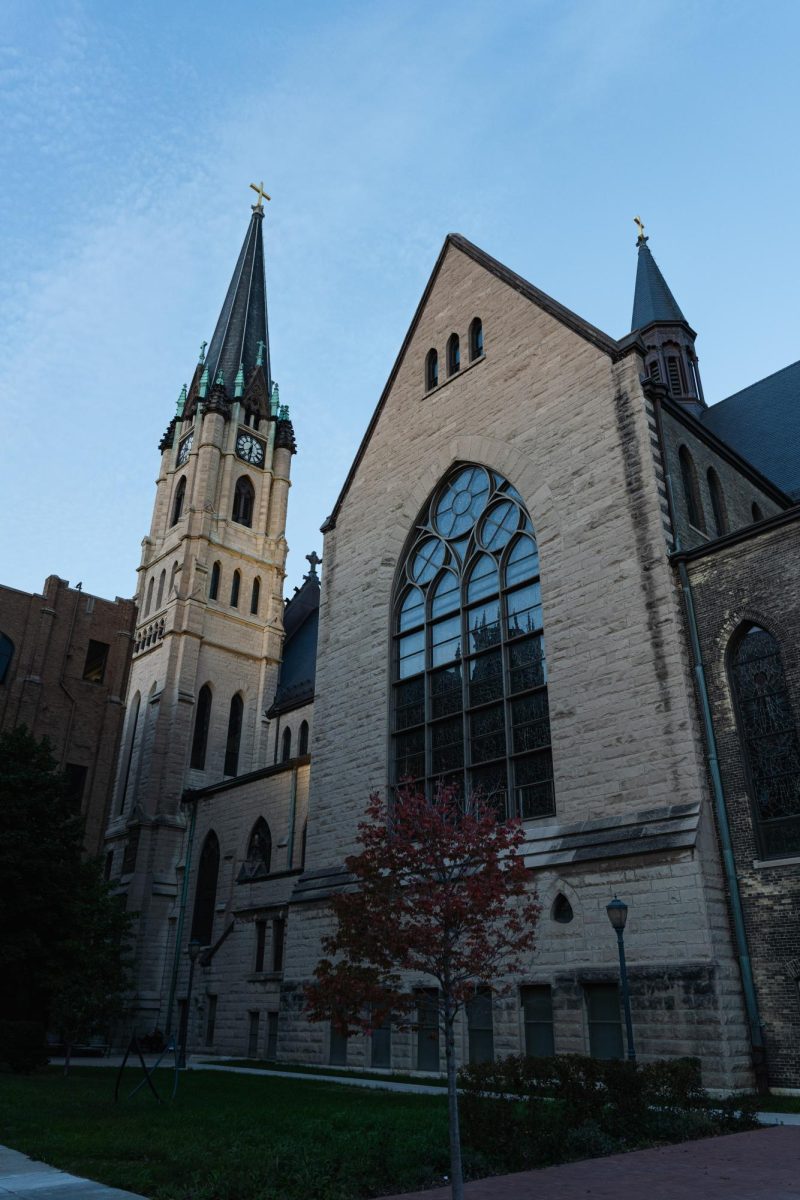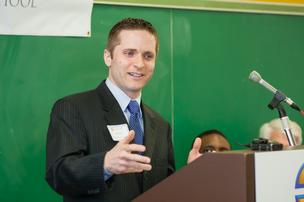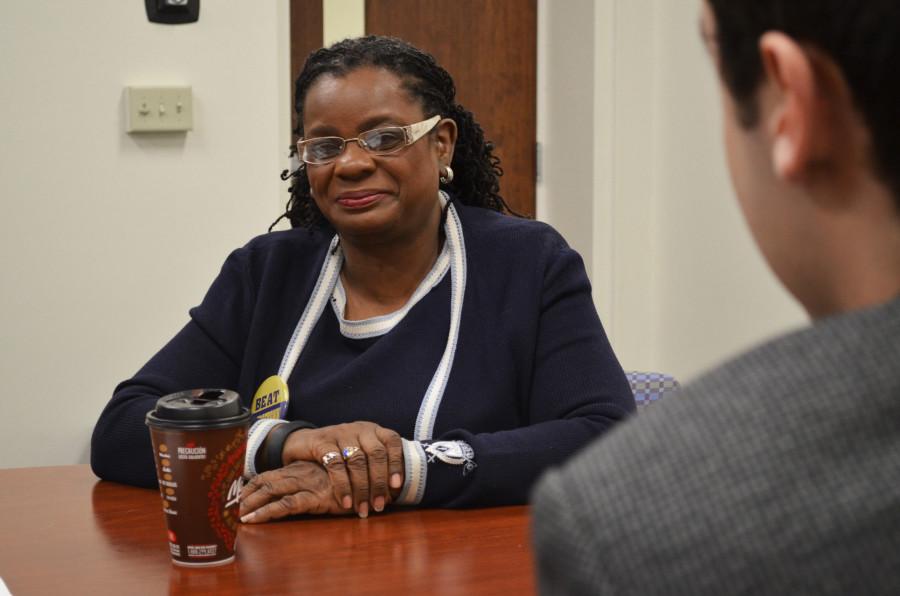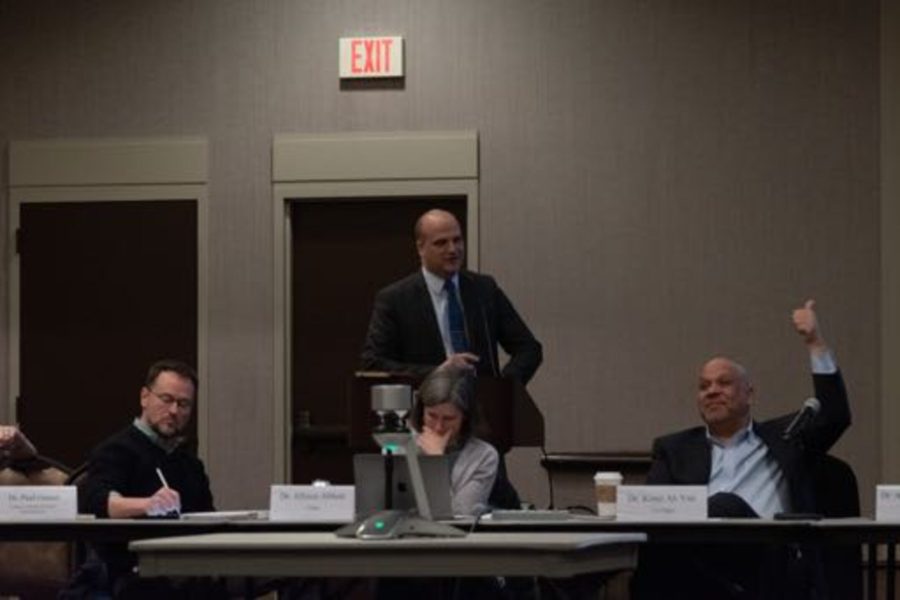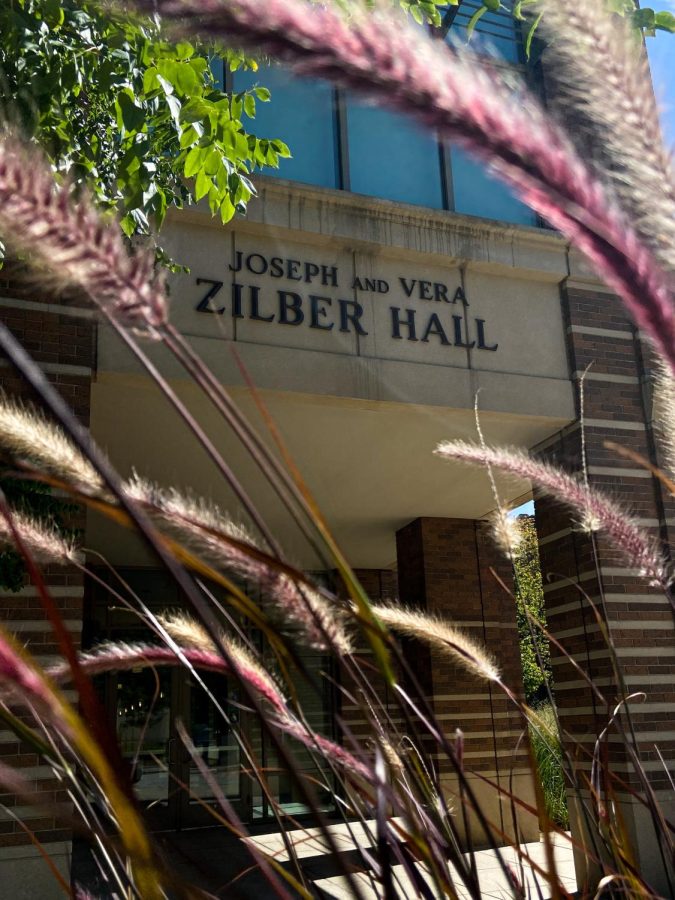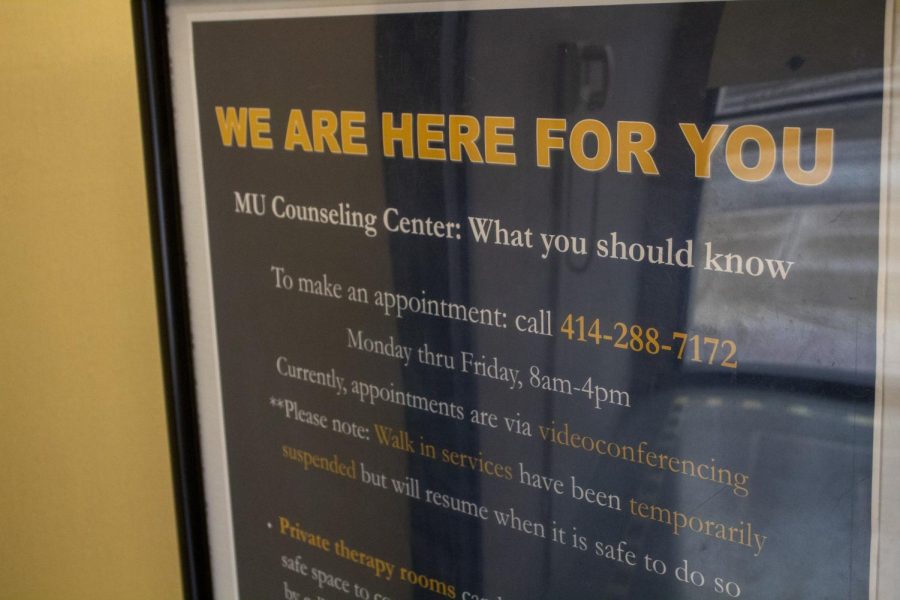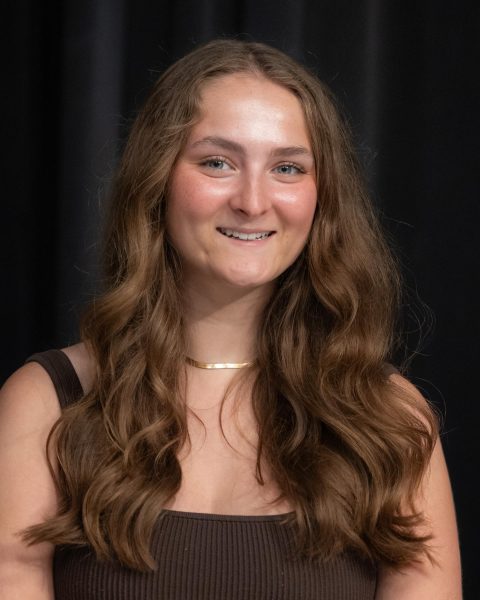John Su, vice provost for academic affairs and student success, said Marquette’s graduation and retention rates are among the “highest nationally ranked institutions in the country.” However, he said Marquette acknowledges their “equity gaps” and is dedicated to support student success.
“We need to do more and that’s why we are continuing with the student success initiative to build on the amazing work of faculty, staff and student mentors across campus,” Su said in a statement.
For the first time in at least 20 years, first-year to sophomore undergraduate retention rates is the “highest it has been” at 91.4% according to John Su, vice provost for academic affairs and student success Su said.
In fall of 2022, first to second year retention for females was 92.3% while 90.2% for males. This is the highest percentage for each demographic since fall 2013, except for fall 2019 when female retention was also at 92.3%.
Su also said first-year to junior retention rates is the second highest in 20 years at 86.3%.
Fall 2021 female retention was at 86.3% only .1% higher than males at 86.2%.
“The six-year graduation rate was 80.1%, which is lower than the rolling average of 81.8% for the previous five cohorts,” Su said in an email. “This graduation rate applies to first-year students who arrived at Marquette in Fall of 2017.”
In fall of 2022 Marquette’s four-year graduation rate was at 68.0%, which is the second highest it’s been since fall 2018 when it was at 68.5%.
Four-year graduation rates for females in fall of 2019 was at 73.0% compared to 61.9% for males. For females, this is the second highest rate that it has been since 2013, while for males this is the third highest the rate has been.
Catherine Moster, a senior in the College of Arts & Sciences, said from her own experiences, she believes Marquette does a good job at ensuring students feel welcome on campus. She said things like campus events, school unity in sporting events and clubs and organizations helps to create a “sense of community.”
“There are a decent amount of ways for students to get involved on campus and they offer various academic resources for students,” Moster said.
That being said, Moster said there are areas for improvement on Marquette’s end. She said things like more financial aid options and addressing “certain administrative challenges” that influence student satisfaction could improve retention.
However, Moster said as a first-year, she went through a natural period of contemplating whether or not she made the correct decision to go to Marquette.
“Considering I came to Marquette during the pandemic, the ways to really be involved with other students and in class could be pretty limited,” Moster said. “I’m fortunate enough that I always felt very comfortable with my academic path, my professors, the city and my peers.”
In the end, Moster said it was her work that made Marquette a place she felt comfortable going to. She said putting in her own work was necessary alongside what Marquette was doing on their end as an institution.
Yet, Moster said she knew “a ton” of people who transferred either during or after her first-year.
“I think an obvious reason was that it was 2020. People weren’t getting the full college experience and they took the opportunity to explore other options or take a gap year,” Moster said.
Moster said she’s a “believer” that if someone doesn’t like the university they attend, it’s “perfectly okay” to explore other possibilities. She said within the first years is the time to do just that.
As a senior with a May graduation on the horizon, Moster said she made sure to use her resources “wisely” to ensure she graduated in four years.
“(Resources such as) sending my advisors my four year plan early on in my time at Marquette ensured I’d be able to get all the credits for my degrees in by spring 2024,” Moster said.
On the other hand, Moster said she understand if people don’t “actively engage” with similar resources it would be easy to graduate later than anticipated.
This story was written by Julia Abuzzahab. She can be reached at [email protected]


